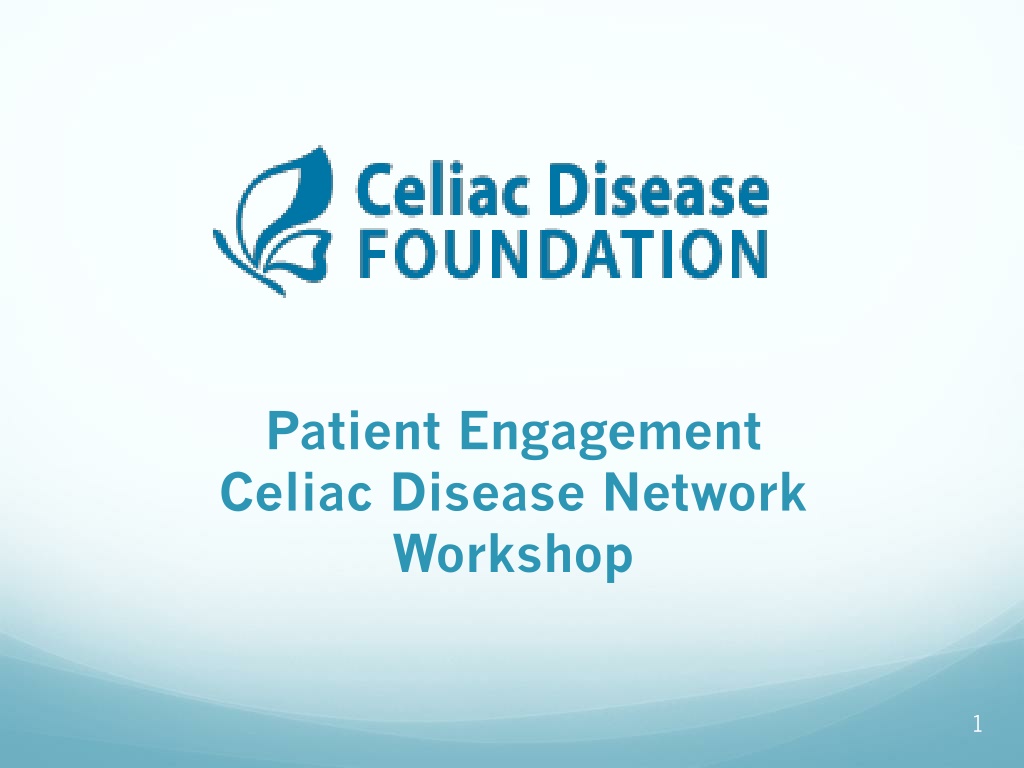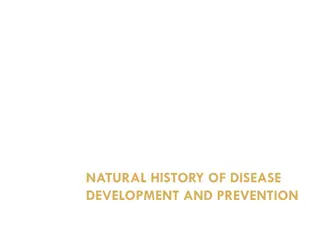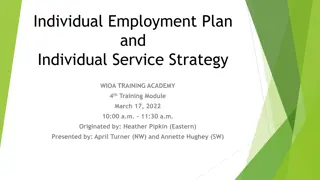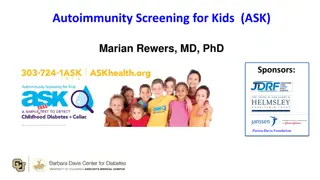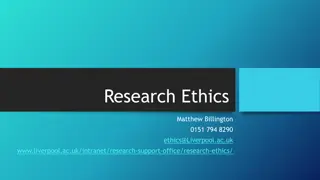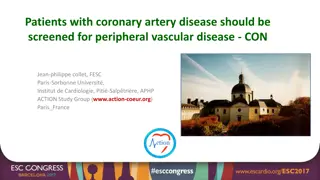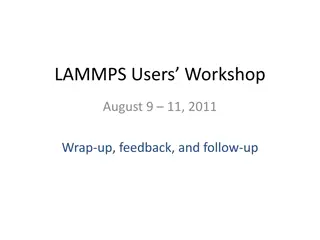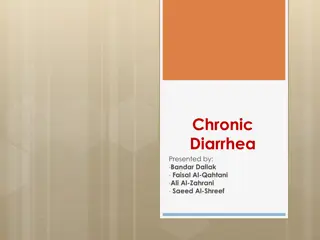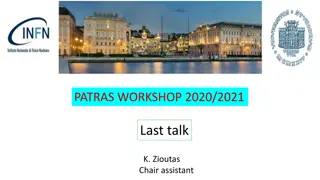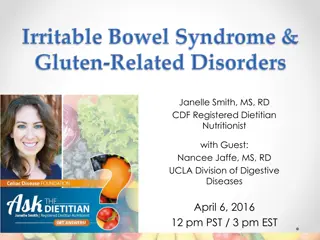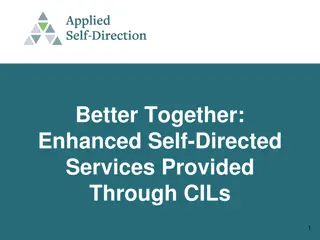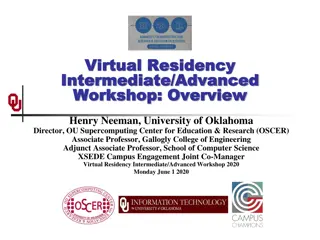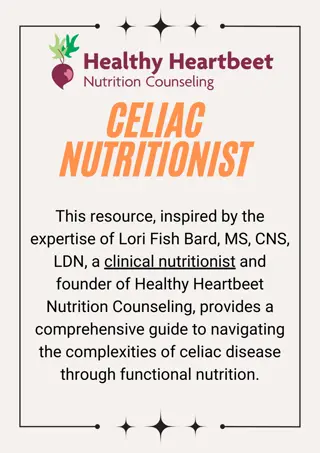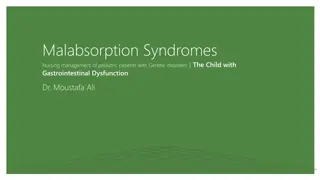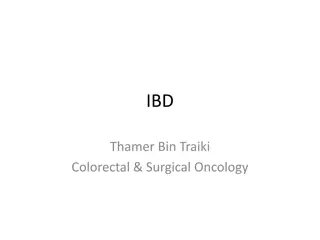Celiac Disease Workshop: Empowering Participants for Research
This workshop aims to enhance the medical, scientific, and advocacy skills of participants to drive advancements in celiac disease research. From understanding genetics to clinical trials and label reading, attendees will gain valuable insights. The agenda includes sessions on patient-centered outcomes research, celiac disease basics, genetics, clinical trials, nutrition labels, and small group discussions. Join us to expand your knowledge and contribute to the fight against celiac disease.
Download Presentation

Please find below an Image/Link to download the presentation.
The content on the website is provided AS IS for your information and personal use only. It may not be sold, licensed, or shared on other websites without obtaining consent from the author. Download presentation by click this link. If you encounter any issues during the download, it is possible that the publisher has removed the file from their server.
E N D
Presentation Transcript
Patient Engagement Celiac Disease Network Workshop 1
Workshop Goals Participants will increase their medical, scientific, and advocacy skills so they can improve the design, implementation, and dissemination of celiac disease research. 2
Medical and Scientific Learning Objectives Participants will develop a working knowledge of: Current practices in the screening of celiac disease Current practices in the diagnosing of celiac disease The underlying genetics that cause celiac disease The pathway to drug development Types and phases of clinical trials Label reading to prevent gluten exposure 3
Advocacy Skills Learning Objectives Participants will develop a working knowledge of: The purpose and unique features of patient-centered outcomes research (PCOR) The roles for patients and stakeholders as partners in research The purpose of the Celiac Disease Foundation s Patient Engagement Celiac Disease Network (PECDN) 4
Workshop Agenda Welcome Session One: Patient Centered Outcomes Research PPT Presentation Understanding Check Session Two: Celiac 101 Peter Green Lecture Understanding Check Research Questions 5
Workshop Agenda Break Session Three: Genetics Annette Taylor Lecture Understanding Check Research Questions Understanding Check Session Four: Clinical Trials Dan Adelman Lecture Understanding Check Research Questions 6
Workshop Agenda Break Session Five: Nutrition Labels Janelle Smith Lecture Understanding Check Research Questions Session Six: Patient Centered Research Questions Kristen Yarema Lecture Gallery Walk Small Group Discussions Tables Report Out Wrap up and Assessment 7
Session One Patient Centered Outcomes Research 8
Session One Objectives You will learn: The purpose, goals and unique aspects of Patient Centered Outcomes Research (PCOR) The purpose and goals of the Patient Centered Outcomes Research Institute (PCORI) The purpose and goals of the Patient Engagement Celiac Disease Network (PECDN) 9
Acronyms We ll try to avoid them, but CDF = Celiac Disease Foundation PECDN = Patient Engagement Celiac Disease Network PCOR = Patient Centered Outcomes Research PCORI = Patient Centered Outcomes Research CER = Institute Comparative Effectiveness Research icure Celiac MOSAIC 10
What is Patient Centered Outcomes Research? Comparative Effectiveness Research (CER) The direct comparison of existing health care interventions to determine which work best for which patients and which pose the greatest benefits and harms. What works best? For which patients? Under what circumstances? 11
Patient Centered Outcomes Research Patient Centered Outcomes Research is a type of Comparative Effectiveness Research that answers patient-centered questions, such as: Given my personal characteristics, conditions, and preferences, what should I expect will happen to me? What are my options, and what are the potential benefits and harms of these options? How can clinicians and the care delivery systems they work in help me make the best decisions about my health and health care? What can I do to improve the outcomes that are most important to me? 12
Different Types of Trials Efficacy Trials Does it work (produce the intended effect) in ideal circumstances? Effectiveness Trials or Pragmatic Trials Does it work in the real world? 13
A Few Terms Patient Engagement Inclusion of patients in the research process, from topic selection through study design and conduct to dissemination of findings. IS NOT THE SAME AS Patient Centered Addresses questions that patients and their families care about in clinical settings. 14
A Few More Terms Patient Reported Outcomes Any report of the status of a patient's health condition that comes directly from the patient, without interpretation of the patient's response by a clinician or anyone else. IS NOT THE SAME AS Patient Centered Outcomes Research that is specifically designed to meet the most important needs of patients. Relevant data can come directly from patients, or from anywhere else. 15
Terms you also may hear Patient-Focused Research Person-Focused Research Community-Based Research Participatory Research Collaborative Research 16
Patient Centered Outcomes Research Institute (PCORI) Research Done Differently 17
Patient Centered Outcomes Research Institute (PCORI) Created by Congress under the Affordable Care Act to figure out which medical treatments work best Criteria for evaluation includes patient engagement and patient-centeredness Applications are reviewed by scientists, patients, and other stakeholders Began funding research in December 2012 Expects to spend $3.5 billion by the end of the decade 18
Patient Centered Outcomes Research Institute (PCORI) Patient-centered is not is enough Good science is not enough It must be BOTH! 19
Patient Centered Outcomes Research Institute (PCORI) 20
Patients Can Participate in Planning Research by ... Developing the research question and relevant outcomes to be studied. To ensure that the project and its results will be useful and important to patient and stakeholder communities. Defining the characteristics of study participants. To minimize the risk that certain patients will be included or excluded due to criteria that are not relevant. Drafting or revising study materials and protocols. To promote/increase retention of study participants. 21
Patients Can Participate in Conducting Research by ... Drafting or revising study materials and protocols. To ensure feasibility for clinicians and patient participants. Participating in recruitment of study participants. To increase and sustain recruitment, and to ensure viability of the study. Participating in data collection and data analysis. To lend unique and varied perspectives on interpretation of the data. 22
Patients Can Participate in Conducting Research by ... Serving as a patient representative on a data safety monitoring board. To make the board composition more robust and patient- centered. Participating in the evaluation of patient and stakeholder engagement. To ensure authenticity and value of engagement. 23
Patients Can Participate in Disseminating Research by ... Identifying partner organizations for dissemination. To ensure meaningful and direct connections with end- users. Planning dissemination in the context of shaping study design and protocol. To ensure dissemination is incorporated into the research from the very beginning. . 24
Patients Can Participate in Disseminating Research by ... Authoring manuscripts and presenting study findings. To offer the patient perspective and to reach new and different audiences. Identifying opportunities to share information about the study, even as it is in progress. To move away from traditional models of dissemination and think more creatively about how to get information into the hands of those who need it. 25
Translating Our Concerns and Questions into Research Who are the people that should be studied? This is the population of interest. How can people make informed choices between options? These are the factors that people will consider when making a decision between/among options. What options should be compared? These are the decisions the research is intended to inform. 26
Patient Engagement Celiac Disease Network (PECDN) Purpose To develop a nationwide network of patient advocates who can help to design, implement, and disseminate results of patient-centered outcomes research that are important to adults and children with celiac disease and caregivers. 28
Patient Engagement Celiac Disease Network (PECDN) Goal Establish a national network of 200 celiac disease patient advocates who are ready, willing, and able to collaborate with the research community by the end of 2017. 29
Review: Session One Objectives You will learn: The purpose, goals and unique aspects of Patient Centered Outcomes Research (PCOR) The purpose and goals of the Patient Centered Outcomes Research Institute (PCORI) The purpose and goals of the Patient Engagement Celiac Disease Network (PECDN) 30
Session One Worksheet and Discussion 31
